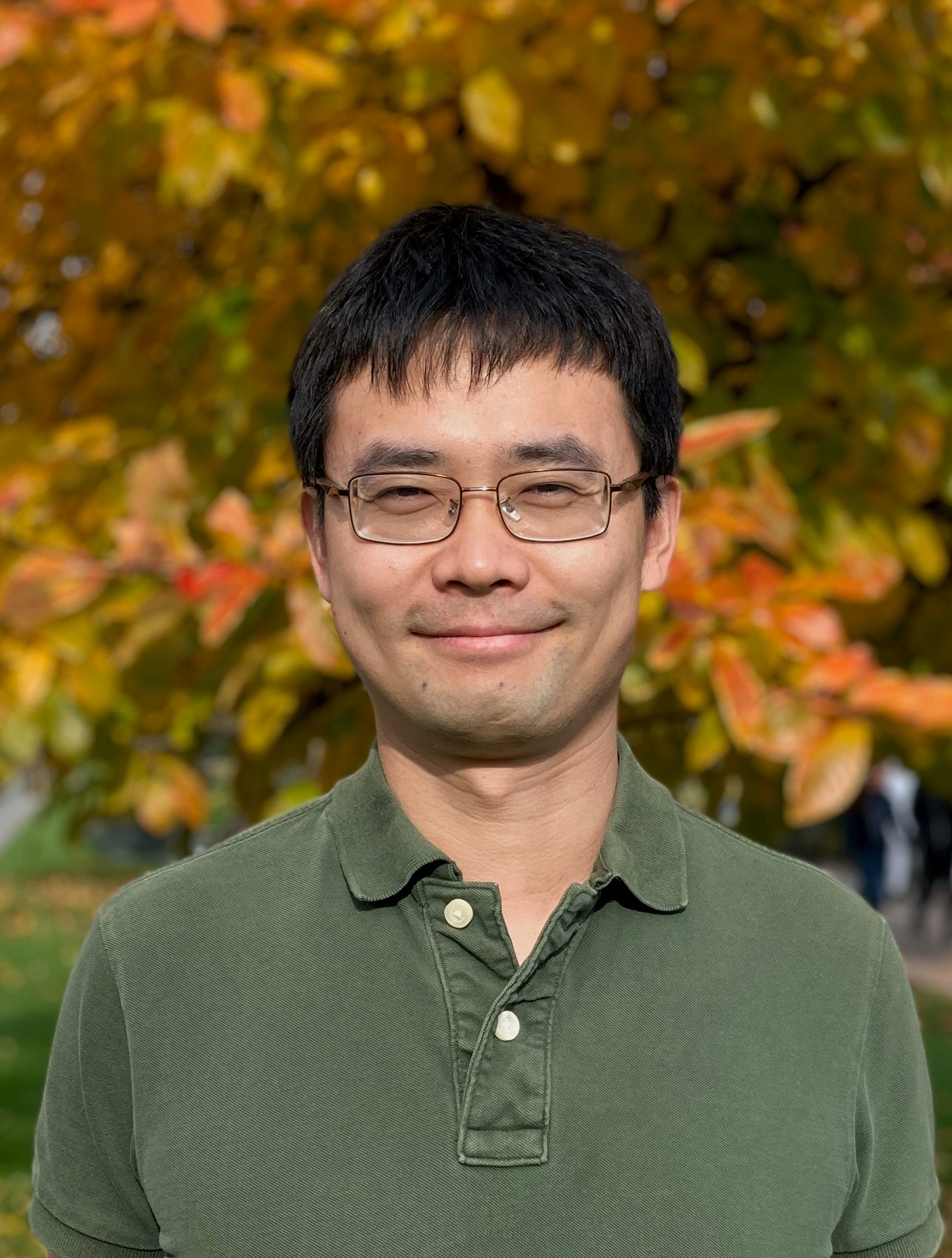Isogeometric Analysis with Complex Geometries: The Revolutionary Role in Engineering Simulations
Date: 2021/03/24 – 2021/03/24
Academic Seminar: Isogeometric Analysis with Complex Geometries: The Revolutionary Role in Engineering Simulations
Speaker: Xiaodong Wei, École Polytechnique Fédérale de Lausanne
Time: 1:30 p.m.-2:30 p.m., March 24th, 2021 (Beijing Time)
Location: via Zoom (Zoom Meeting ID: 671 9549 4777, Password: 227997)
Abstract
Many physics laws in engineering, such as solid/fluid mechanics and heat conduction, are modeled by partial differential equations (PDEs) that are intractable to solve by hand. Thus, approximate PDE solutions are sought by computer simulations to provide detailed and insightful predictions for the phenomena of interest. Indeed, computer-aided design (CAD) and computer-aided engineering (CAE), which are employed for geometric design and physics-based simulation, respectively, have served as the two indispensable pillars in modern product development. However, a substantial amount of time (over 80%) is spent on geometry manipulation due to the incompatible geometric description between CAD and CAE, which drives up the cost of applying computer simulation to design, optimize, or predict behavior of physical systems and poses as the de facto bottleneck in current industrial practices. Motivated by this, isogeometric analysis (IGA) emerges as a revolutionary framework that adopts smooth and exact CAD geometries directly in simulation, thereby eliminating the need for the non-productive yet time-consuming process of geometry manipulation, and ultimately contributing to automation of broader tasks such as scientific inquiry and technically-informed decision-making. In this seminar, I will talk about modeling complex geometries suitable for IGA, which has been a central challenge to accommodate real-world applications and thus to make a profound impact in industry and human well-being. Two major groups of methods will be presented, and their superior numerical performance will be demonstrated with the applications in automobile engineering and computational neuroscience. I will then conclude the talk with my envision on the related future directions.
Biography
 Xiaodong Wei is currently a postdoctoral fellow in Mathematics in Computational Science and Engineering at École Polytechnique Fédérale de Lausanne (EPFL). He received his Ph.D. in Mechanical Engineering at Carnegie Mellon University (CMU) in 2017, M.S. in Civil Engineering at The University of Tokyo in 2013, and B.S. in Civil Engineering at Tsinghua University in 2011. Xiaodong’s research interests include computational mechanics, computer-aided design, finite element and isogeometric analysis, image processing, and their applications in engineering design/optimization, computational neuroscience, as well as additive manufacturing. He has been dedicated to the development of novel computational methods to achieve high-fidelity simulations via high-quality geometries. Xiaodong is the recipient of the Japanese Government (MEXT) Scholarship, Frankel Cardiovascular Center’s M-CRIT Scholarship for Trainees, as well as several fellowships at CMU, including Bertucci Graduate Fellowship, Liang Ji-Dian Graduate Fellowship and CIT Dean’s Fellowship.
Xiaodong Wei is currently a postdoctoral fellow in Mathematics in Computational Science and Engineering at École Polytechnique Fédérale de Lausanne (EPFL). He received his Ph.D. in Mechanical Engineering at Carnegie Mellon University (CMU) in 2017, M.S. in Civil Engineering at The University of Tokyo in 2013, and B.S. in Civil Engineering at Tsinghua University in 2011. Xiaodong’s research interests include computational mechanics, computer-aided design, finite element and isogeometric analysis, image processing, and their applications in engineering design/optimization, computational neuroscience, as well as additive manufacturing. He has been dedicated to the development of novel computational methods to achieve high-fidelity simulations via high-quality geometries. Xiaodong is the recipient of the Japanese Government (MEXT) Scholarship, Frankel Cardiovascular Center’s M-CRIT Scholarship for Trainees, as well as several fellowships at CMU, including Bertucci Graduate Fellowship, Liang Ji-Dian Graduate Fellowship and CIT Dean’s Fellowship.
